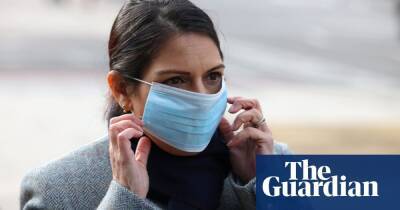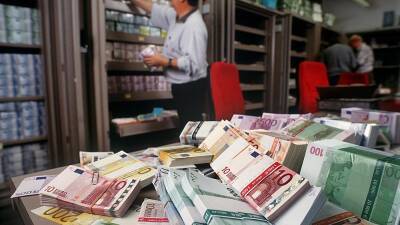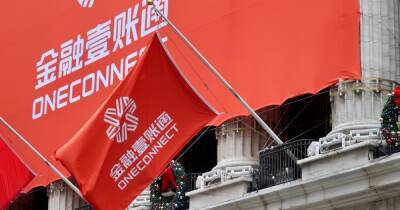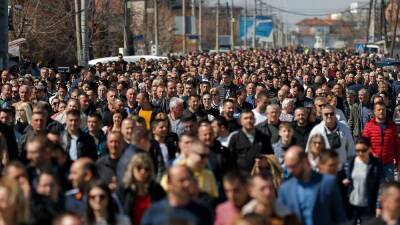Agribusiness giants tried to thwart EU deforestation plan after Cop26 pledge
Five of the world’s biggest agribusiness firms sought to weaken a draft EU law banning food imports linked to deforestation, eight days after pledging to accelerate their forest protection efforts at Cop26, documents seen by the Guardian show.
Forest protection hopes had been raisedwhen the CEOs of 10 food companies with a combined revenue of nearly $500bn (£373bn) vowed to “accelerate sector-wide action” towards eliminating commodity-driven deforestation as the climate summit began on 2 November.
Agriculture is responsible for a quarter of the world’s greenhouse gas emissions, and the companies promised a supply chain reform plan to peg global heating to 1.5C by November 2022.
But on 10 November, trade associations representing five of the firms – ADM, Bunge, Cargill, LDC and Viterra – warned the EU’s green deal chief, Frans Timmermans, of soaring prices and food shortages if the EU proceeded with its own blueprint.
The European Commission’s plan, which is now being considered by EU ministers, would forcefirms to segregate commodities such as coffee, soy, beef or cocoa thought to be linked to deforestation, and prevent them from entering the EU market.
However, this is “technically and effectively not feasible”, according to the industry letter obtained by Greenpeace Unearthed and shared with the Guardian.
The EU proposal could cause “major price increases and problems of availability”, the letter says, while “reducing the offer for affordable food, increasing costs for farmers and EU-based industries, and amplifying risks of supply shortages for high-protein material”.
Instead, the three trade associations – Coceral, Fediol and Fefac – called for a mass balance system to monitor and certify “sustainable volumes” of
Read more on theguardian.com
















